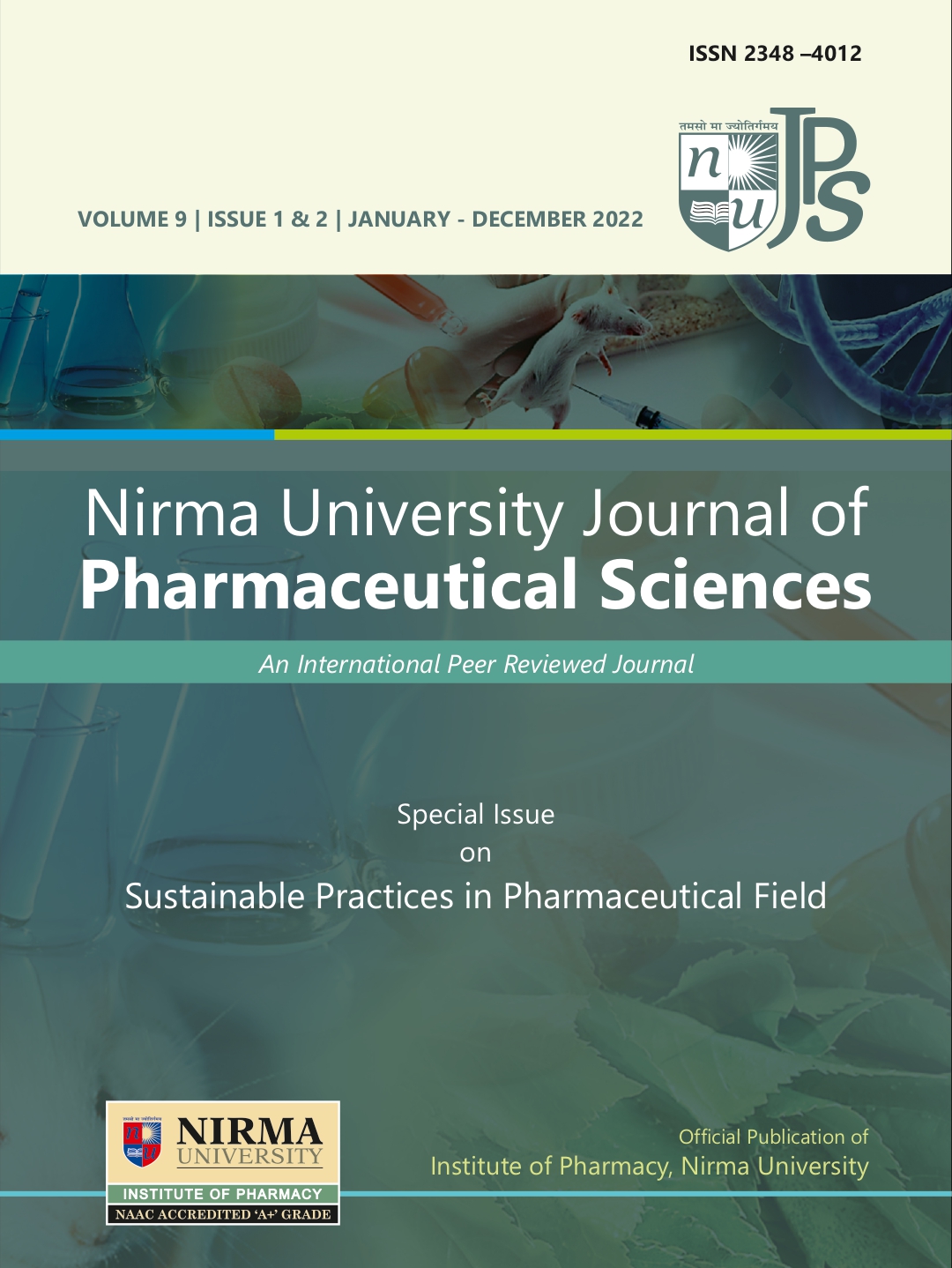IN-SILICO PREDICTION OF THE NEUROINFLAMMATION MECHANISM OF CAPPARIS SEPIARIA
DOI:
https://doi.org/10.5281/Keywords:
Neuroinflammation, Alzheimer’s disease, Capparis sepiaria, GOLD 5.2, admetSARAbstract
Neuroinflammation or neural dysfunction is a major risk factor that can initiate multiple intracellular signaling cascades to release different proinflammatory cytokines, chemokines and various reactive oxygen species leading to multiple neurodegenerative diseases, such as Alzheimer’s disease, Parkinson’s disease, and Huntington’s disease. The adverse effects associated with the long-term use of conventional non-steroidal anti-inflammatory drugs is attracting herbal medicines as potential therapeutic candidates worldwide. Capparis sepiaria L (C. sepiaria) belonging to Capparaeae is therapeutic medicinal plant used to relieve various ailments including skin diseases, tumours, blood purification, toxaemia, snakebite and disease of the muscles. The objective of this study is to determine the pharmacokinetic and pharmacodynamic properties of C.sepiaria phyto-constituents as therapeutic molecules against neuro inflammation by using in-silico docking analysis and drug disposition. Six phyto- constituents identified from the leaves of C. sepiaria were docked against six pro-inflammatory markers of neuroinflammation followed by the prediction of their safety and bioavailability using GOLD 5.2, admetSAR softwareS respectively. The docking scores obtained were comparable and even better than the five standard marketed drugs. β-amyrin and quercetine present in the leaves of C.sepiaria showed highest fitness score with P38 MAP kinase, NF-kB, mTOR, TACE AChE, BChE markers which are also the targets of the drugs like Galantamine, Donepazil and Rivastigmine. To our understanding this is the first study investgating the inhibitory effect of C. sepiaria in the neuroinflammation. Thus, Capparis sepiaria may prove to be a potential antineuroinflammatory agent and may be further explored as a potential therapeutic candidate for the management of neurodegenerative diseases.







